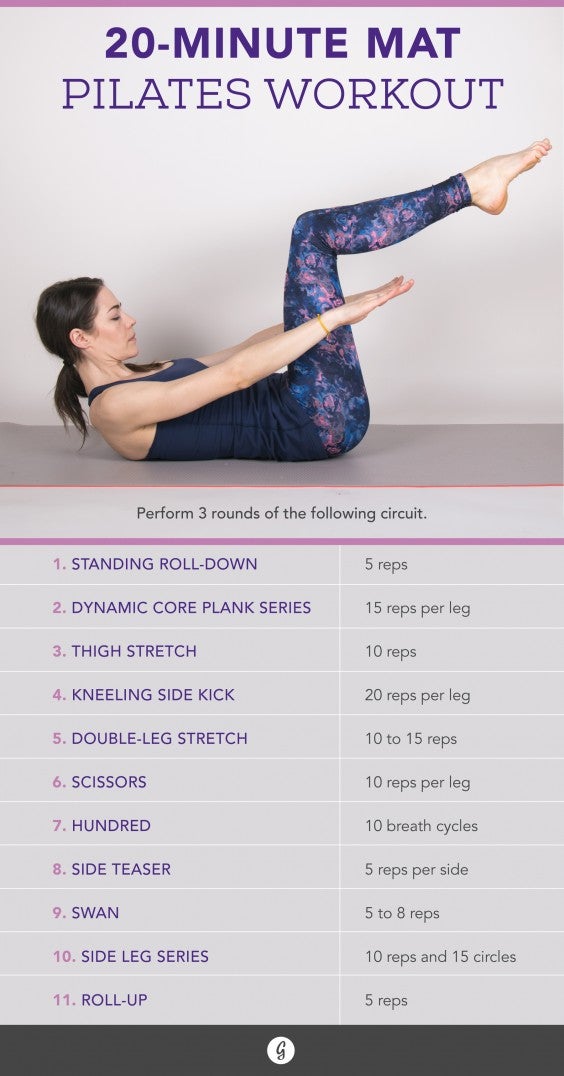Séance d’entraînement complet du corps inspirée du Pilates.
Entraînement Pilates-Inspired pour tout le corps Le Pilates est une méthode d’exercice douce qui se concentre sur la respiration, la posture, le contrôle du corps et la coordination. Inspiré par cette méthode, l’entraînement Pilates-Inspired pour tout le corps est un entraînement complet qui renforce l’ensemble du corps tout en améliorant la flexibilité et la stabilité….










